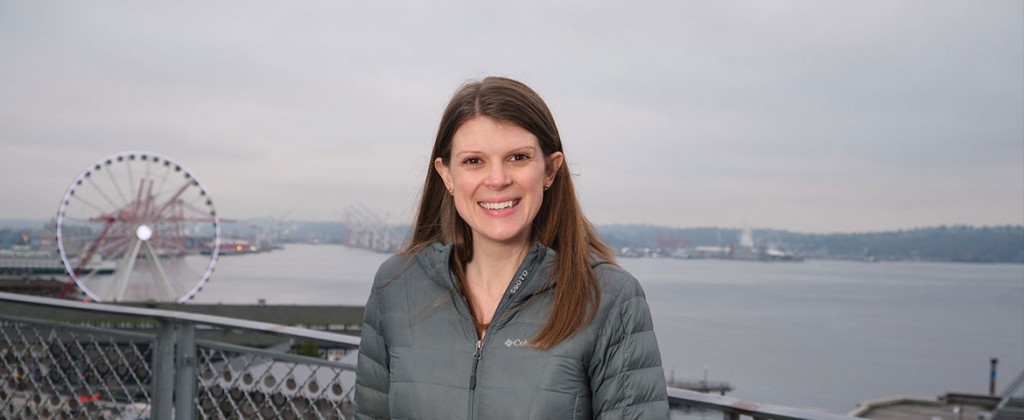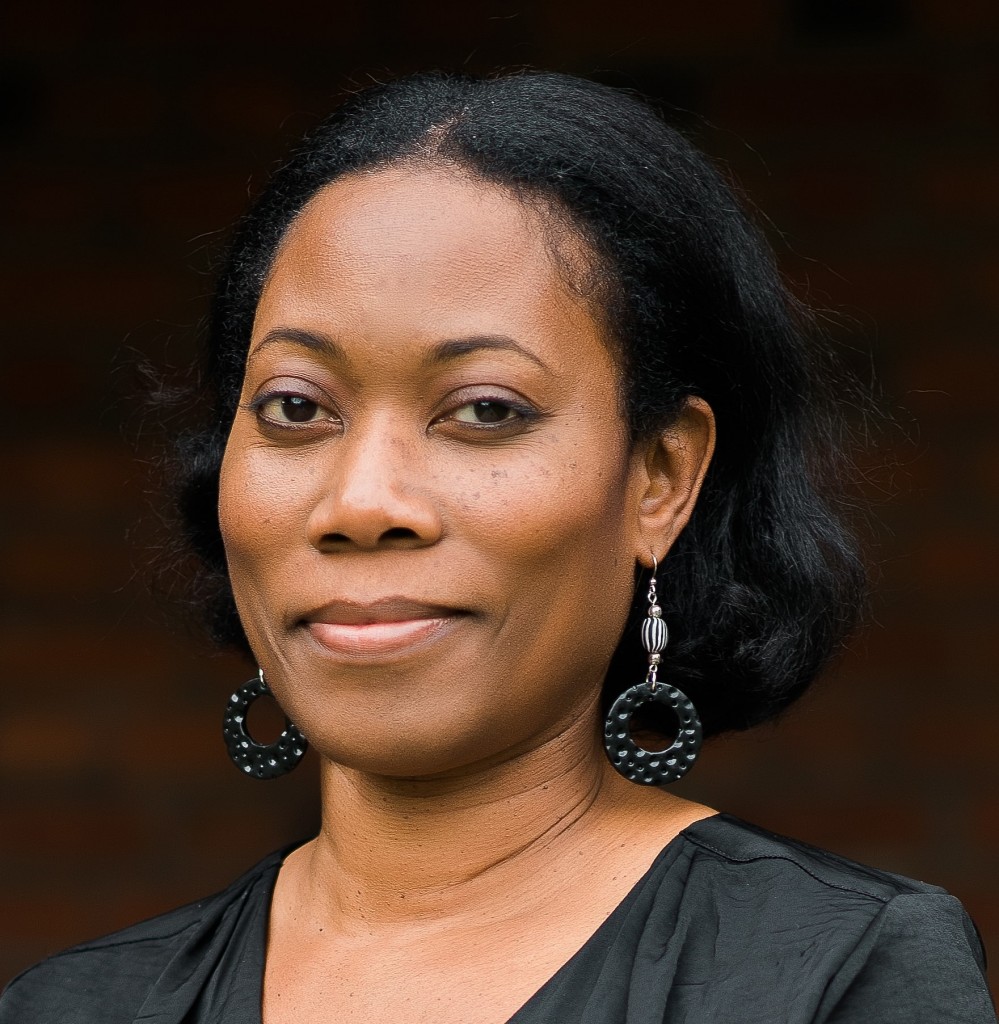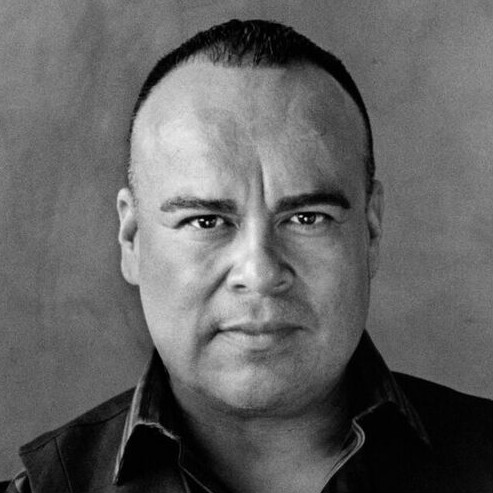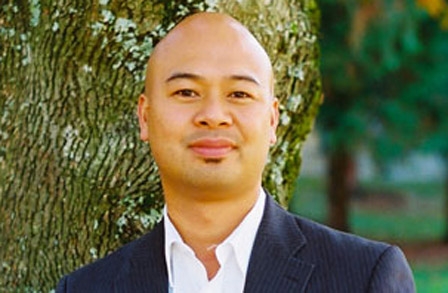Page 56 • (2,739 results in 0.031 seconds)
-
it’s taking my talents to a new level, it’s giving me the creative passion I so greatly needed at this point in my writing life.” Step One: Create your application account Create your application portal account (preferred browsers are Google Chrome or Firefox) Select and add the program Master of Arts in Creative Writing – Rainier Writing Workshop Complete all required application questions. Step Two: Submit all required supporting items belowCreative writing sample The sample should represent your
-
creative work, another for her scholarship and teaching. Even then I knew, of course, that the scholarly and the creative were false categories. A poem was as much the result of a poet’s deep critical study of poetry as it was the result of inspiration. In the same way, the best scholarship that I read at the time— Richard Poirier on Robert Frost, Helen Vendler on Wallace Stevens, and Carson herself on Paul Celan—had a dazzling creativity of insight that made scholarly writing as artful as the works
-

about what she’s looking forward to next and what advice she has for fellow Lutes who are looking to create a career they can get fired up about. How would you summarize the work and mission of your organization? Washington Conservation Voters was founded on the belief that who we elect matters. We elect environmental champions to state and local office, advocate for environmental protection, hold our elected leaders to the highest standard, and build statewide momentum for environmental campaigns
-

Renee Simms Fiction, Nonfiction Biography Biography Renee Simms, J.D., MFA, is a recipient of a National Endowment for the Arts Creative Writing Fellowship, a John Gardner Fiction Fellowship at Bread Loaf, and fellowships from Ragdale and Vermont Studio Center. She’s an associate professor of African American Studies at University of Puget Sound and teaches with the Rainier Writing Workshop, Pacific Lutheran’s low-residency MFA program. Her debut story collection Meet Behind Mars was a Foreword
-
. The ideal candidate must have strong people skills and be able to work in close proximity with colleagues or independently. Required Qualifications: A Bachelor of science degree with major study in natural science, chemistry, environmental science, or other closely allied field AND three years of experience in sampling and chemical analysis of consumer products or related environmental media such as soil, water, waste or air. A Master’s degree in chemistry, chemical engineering, or biochemistry
-

poetry, the Shelley Memorial Award from the Poetry Society of America, The Poetry Center Book Award, and the Barnes & Noble Writer for Writers Award, he is contributing editor for Poets & Writers Magazine and writes a monthly column for NBC-Latino online. Currently, he is professor of English at Rutgers-Newark, the State University of New Jersey, and the inaugural Stan Rubin Distinguished Writer-in-Residence at the Rainier Writing Workshop. In 2015, he received The Bill Whitehead Award for Lifetime
-

classes in poetry. Statement: “I encourage students to think of themselves not as isolated individuals, but as members of a learning community. For me, the writing workshop is a place where students improve their skills in reading, critical thinking, interpretation, and communication through engagement with their own texts and with those written by others. To be members of a learning community, I teach my students that verbal and written communication are inextricable, neither can take place
-
AssistanceIf you have questions about possible asbestos materials in your work area, please contact Mary Jones at the office of Environmental Health and Safety at x7233 or email mjones@plu.edu.Health RisksIntact asbestos materials do not pose a health threat, but if the material becomes damaged or deteriorated, asbestos fibers can be released into the air and inhaled. Asbestos fibers are inhaled through the bronchial tubes to the bronchioles and are embedded in the alveoli. Exposure to elevated levels of
-
Chemistry Dr. Fred L. Tobiason to support PLU students engaged in studies related to our outdoor learning spaces and natural areas. This supports a campus tradition in which students’ environmental actions and values are intentionally and locally aligned, and empower students to work toward change. All PLU students who are excited to work independently as individuals or in a group, and who are passionate about plant and animal sustainability and outdoor learning, regardless of their major, are
-
Photo by Claire Todd Dear Pierce County, The management of invasive species is a key component when developing restoration sites in an attempt as a means to re-establish the native plant species. From our work in my Environmental 350 course at PLU, we discovered that herbicides are heavily used to diminish the invasive plant population. They are efficient and cost effective. However, the application of herbicides have unintentional environmental risks: they are toxic to applicators and they
Do you have any feedback for us? If so, feel free to use our Feedback Form.


